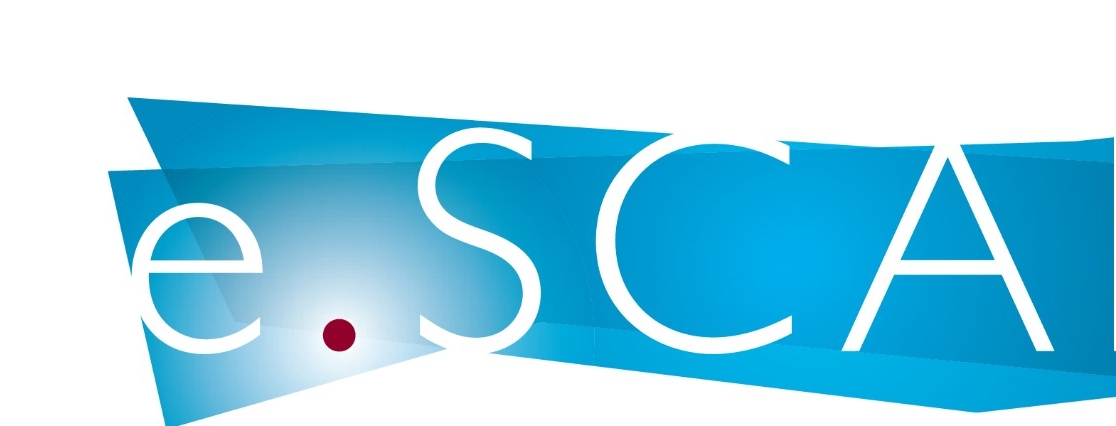Frances Shaver
Professor, Sociology and Anthropology
Friday, March 7, 2014
12 - 12:30 p.m.
EV 6.735
About this session
This presentation focuses on two key challenges when teaching Sex Work and Society, a course is grounded, in part, in current and controversial public debates. Because the debates are current, new knowledge/evidence is emerging; because they are controversial, student engagement should include an awareness of their colleagues’ opinions. I partially address the challenge of student engagement by using weekly opinion polls linked to the lectures and the discussion boards. However, I am looking for suggestions on how to incorporate current and ongoing debates into the lectures, videos, and assignments while minimizing updates to the site, especially those that involve members of the eConcordia production team.


 Karen Herland
Karen Herland
 Penny Ellison
Penny Ellison
 Bill Reimer
Bill Reimer
 Robert Hopp
Robert Hopp
 Nancy Acemian
Nancy Acemian
 Frances Shaver
Frances Shaver
